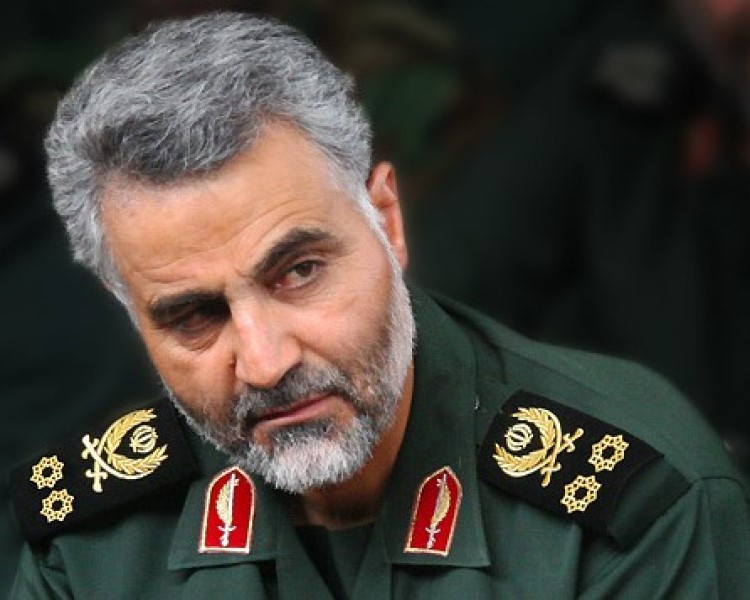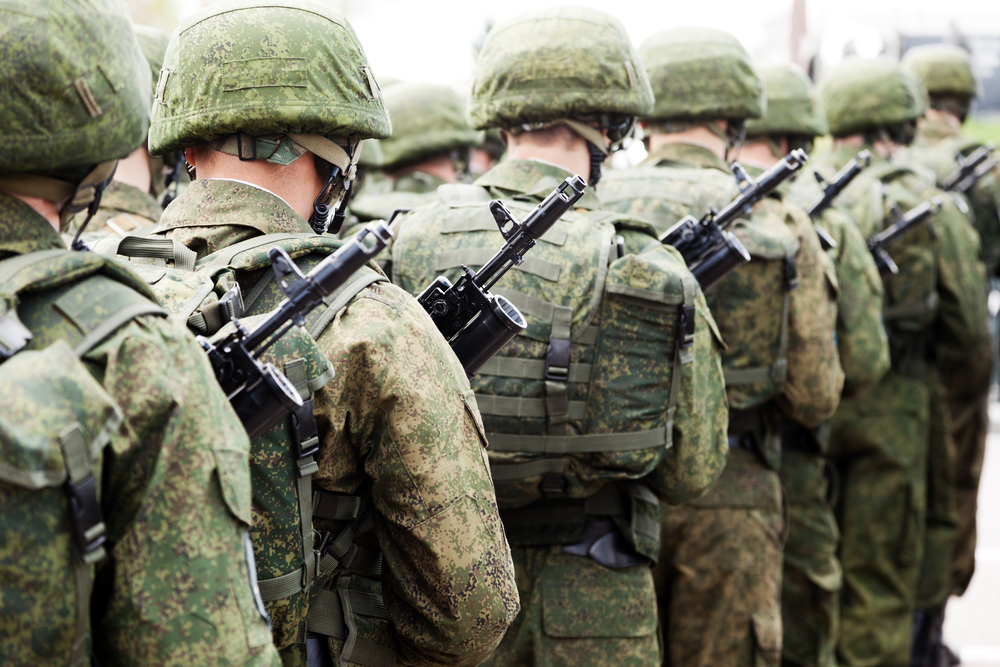When are leaders, especially politicians, morally culpable for the deaths their decisions and actions cause? This is a hard question of course because culpability comes in degrees. For example, Sally is culpable for murder if she knowingly kills someone without moral reason (e.g., self-defense); however, Sam is less culpable than Sally if he knowingly sells someone a defective automotive part which results in a fatal car accident. By the same token, the culpability of leadership comes in degrees too. This issue made especially salient recently when Kristen Urquiza, at the Democratic National Convention, shared how she lost her father due to coronavirus complications, arguing her father likely wouldn’t have died had he ignored President Trump’s downplaying of the threat. This isn’t an isolated problem. President Trump misled Americans about the impact of the pandemic, with disastrous results, in an attempt to revive his reelection prospects. We may wonder then about the blame leaders deserve for the death they cause.
There is an obvious way leaders, and politicians in particular, are directly culpable for the deaths of their citizens: starting an unjust conflict, like a war, without accurately assessing the long-run consequences. Leaders look blameworthy here because of the incentive structure at play: soldiers on a battlefield often face perverse incentives, like the prospect of prison, if they don’t carry out an order. This of course isn’t to deny that soldiers share some blame for following orders they know are wrong. However, leaders share in this responsibility given the position of power they hold, especially if they order something they know is unjust.
For example, we should be reticent to accept a proposed war is legitimate given the historical record: throughout history, especially recently, wars are often justified with moral language. Perhaps a group living in the targeted nation or region is claimed to have wronged us somehow; perhaps our invasion would help set things right; perhaps we would be justified using force to get back what was wrongly taken from us. If these kinds of justifications for war sound familiar, it is because they are. It is too easy to use flimsy moral appeals to justify things we would otherwise think morally wrong. We are susceptible to this sort of thing as individuals; so it wouldn’t be surprising if politicians and governments routinely abuse their trust to leverage baseless moral justifications to convince their citizens and constituents that the proposed war would be morally permissible.
Things are less clear when morally weighing an order from a leader or politician not intended to cause harm, but with foreseeable negative consequences. Some ethicists appeal here to what is known as the doctrine of double effect: an order or action is morally acceptable, even if it has bad and foreseen consequences, if they are the by-product of a morally good, intended action. For the sake of argument: even if abortion is morally bad, on this doctrine a doctor may still abort a fetus if the intention is to save the pregnant mother’s life: the intended, morally good outcome (saving the mother’s life) can’t occur without the bad, unintended outcome (aborting the fetus). Whether the doctrine of double effect exonerates leaders and politicians for ordering a war, even a just war, with very bad foreseen consequences is controversial.
What about indirect culpability of leaders and politicians? Things are dicier here. However, we can still call to mind cases that may help us think through indirect culpability. An obvious and recent case is that of managing the coronavirus in the United States: the current United States President, Donald Trump, downplayed the threat of the coronavirus and gave poor advice to U.S. citizens. This is not of course to say that the current U.S. president intended for people to die of coronavirus; but it does illustrate he could well have indirectly contributed to citizens deaths by downplaying the virus, and playing up ‘cures’ that ultimately failed.
We should pause here to reflect on why the current U.S. President — or any leader similarly situated — looks indirectly culpable for such deaths, even if he isn’t nearly as culpable, say, when starting an unjust war. There is an obvious source of indirect culpability here: abusing the trust placed in them by his followers and constituents. If Harry knows his constituents trust him (whether this is poor judgment on their part or not), he bears indirect culpability for what happens to them if he knowingly gives them bad advice, and they act on it, especially if they wouldn’t have acted that way had they not trusted him. This would be wrong, just as it would be wrong for a physician to knowingly give dangerous medical advice to her patients, especially knowing they only took her advice because they trusted her good intentions and competence.
This is because, broadly speaking, when there is trust, there is vulnerability. When I trust that someone is competent and has my best interests at heart, I place myself in a vulnerable position that can be exploited by those with bad intent. The point generalizes to the ethics of leadership: a leader may be in a position to exploit their followers because of the trust placed in them by their followers, even though such trust is only placed in them on the condition that the leader has their best interests at heart. And if the leader used the trust to knowingly put their followers in harms’ way for their own end, they bear some responsibility for that bad outcome, even if it was unintended.




